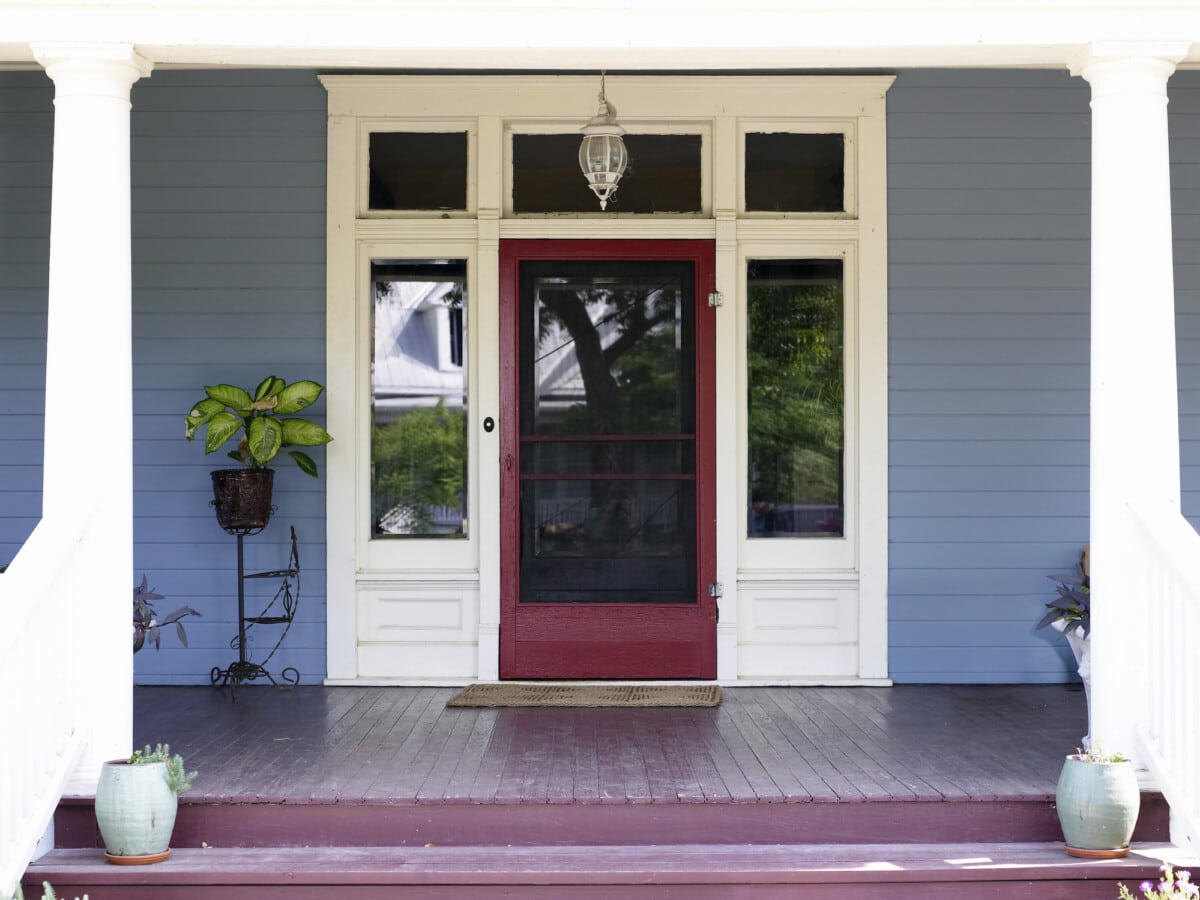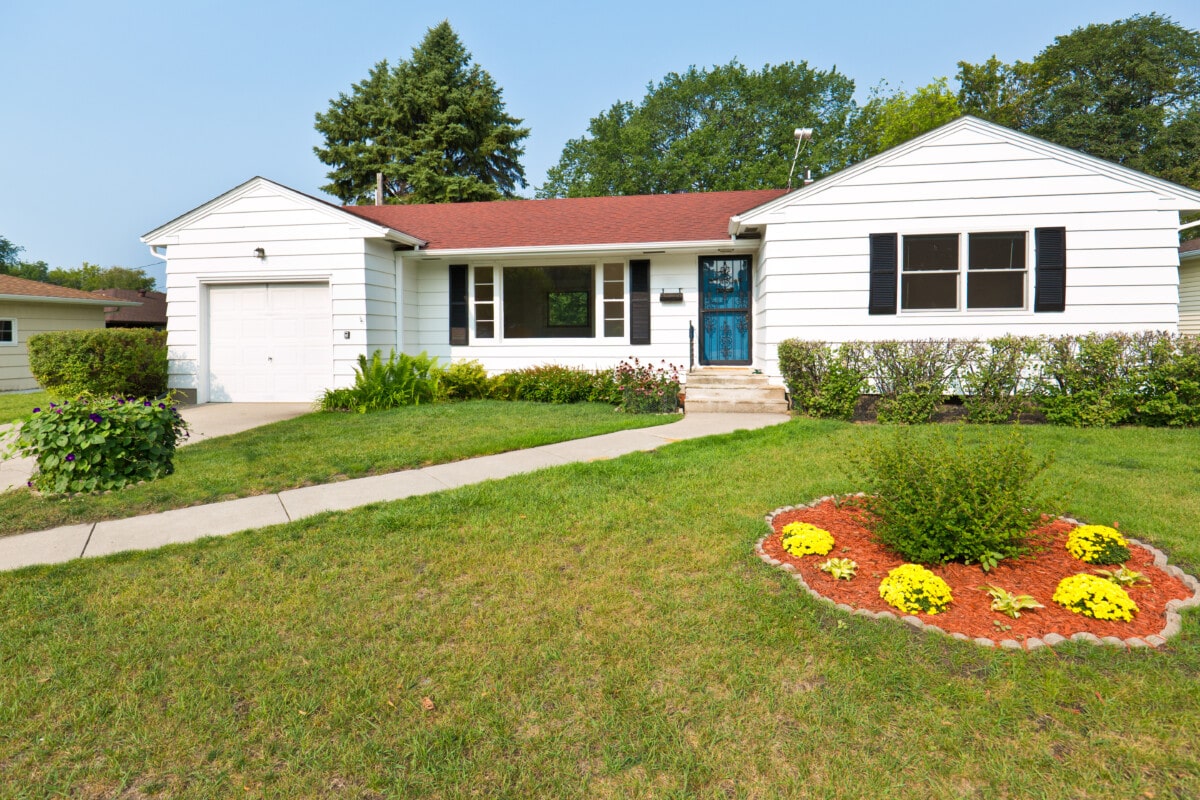As a renter, there may be situations where you need to change the locks to your apartment immediately. Maybe you lost your keys and you can’t reach your landlord or your lock was damaged in an incident, you may want to change the locks as soon as possible. But, you still need to inform your landlord or property manager that you’ve changed the locks.
In this Redfin article, we’ll cover whether a tenant can change the locks without the landlord’s permission – and when to tell your landlord. Whether you need to call a locksmith for your rental home in Houston or are locked out of your apartment in Portland, here’s what to do.

Why renters may want to change the locks
Without regard to the legality or what’s outlined in your lease, there are several reasons you may want to change the locks without help or permission from your landlord. There are a few common reasons.
Immediate security risk
If you lose your keys or have your belongings stolen, you may need to change your locks immediately. And if your landlord is not available or doesn’t respond to the request for a replacement, you may need to take it upon yourself/
Criminal behavior
If your apartment was burglarized or there was an attempted break-in, you may feel the need to change the locks to your apartment. This may include a new set of locks, enhanced security, or a deadbolt.
Landlord harassment
While the overwhelming majority of landlords are professional and respectful, there are some that are not. If your landlord is harassing you by continually entering your unit without notice or permission, you may feel unsafe. If these actions persist, you may feel no option but to change the locks.
Smart technology
Smart home technology is something you may look for in a rental home. If your rental has a standard lock, you may be tempted to replace it with a smart lock or fingerprint-enabled lock for added ease and security. It’s important to let your landlord know of this ahead of time as it may restrict a landlord’s ability to enter when necessary.
Aesthetics
Depending on the lock’s durability and look, you may want to update your lock to a newer option. However, in this case, you should inform your landlord as it may be against the policies outlined in your lease. They may also have a different solution for you if you feel the system is out of date.

Can a tenant change the locks?
Are you allowed to change the locks without permission? The short answer is, it depends. Your ability to change the locks without advance notice or permission from your landlord can be both a legal and contractual issue.
The contractual issues
As a renter, you take over some of the legal rights associated with property ownership. But you’re still obligated to abide by the terms of the lease. The legalities of changing locks vary by state. However, in most circumstances, your best bet is to follow the rules outlined in your lease.
Most lease agreements state that tenants can’t make major changes to the rental unit without permission. And changing a lock on a front door is certainly a major change. Regardless of the situation, your landlord should have specified in the lease what allows you to change the locks – or if you’re not allowed to.
The legal issues
Aside from lease obligations, there are legal and statutory issues to consider. In states that don’t allow the changing of locks without permission, doing so could be regarded as “criminal damage,” even if no actual damage occurs. Such actions could be considered modifying the unit without consent. Changing the locks could potentially damage the front door, resulting in additional costs to the property owner.
However, several states do allow tenants to change locks as long as they inform the property owner and immediately provide keys. In a number of states, you can’t be fined for changing a lock without permission if you provide an updated key when requested. It’s important to check your state and local laws to understand what your rights are.

Who is responsible for the cost of changing the locks
There are three basic scenarios for a lock change – changed by the landlord, changed by the tenant without the landlord’s permission, and changed by the tenant after notifying the landlord. But who is responsible for the costs incurred?
In most cases, your landlord should pay for the costs of changing a lock. When a property owner or manager changes locks between tenants, for extra security or for aesthetic reasons, that is a capital improvement and the landlord’s responsibility. If you request the landlord to change the locks for a legitimate reason, that is the landlord’s duty as well.
However, if you change the locks without notifying or receiving authorization from the landlord, then you’ll likely pay the costs. Any fee for an extra key you provide your landlord is likely up to you to pay.
And if you change the locks on their own and damage the door or frame, that is a cost that will probably be passed along to you or taken from the security deposit upon move-out. You can also be charged for a replacement lock if you fail to preserve the original fittings.
If you lose their keys and request a lock change from your landlord, it’s at your landlord’s discretion if that should be your obligation or not. This scenario may also be listed in your lease agreement.
In the end, whether you change the locks comes down to the individual circumstances, including whether permission is requested, the details of the lease, and local regulations. An existing, working relationship between landlords and renters can resolve many issues without conflict.




























 United States
United States Canada
Canada